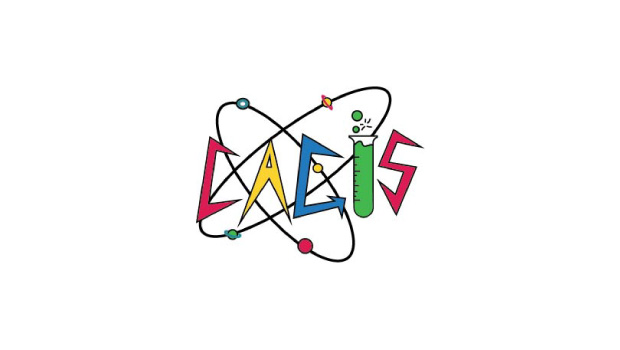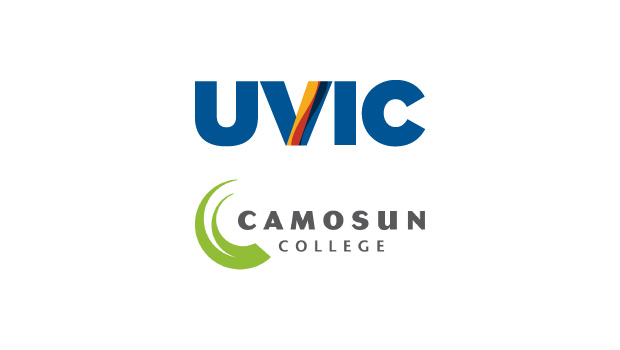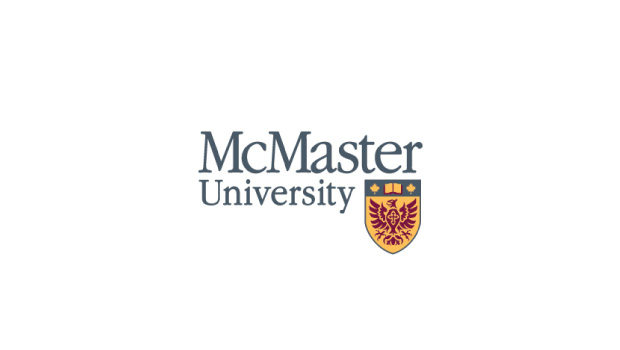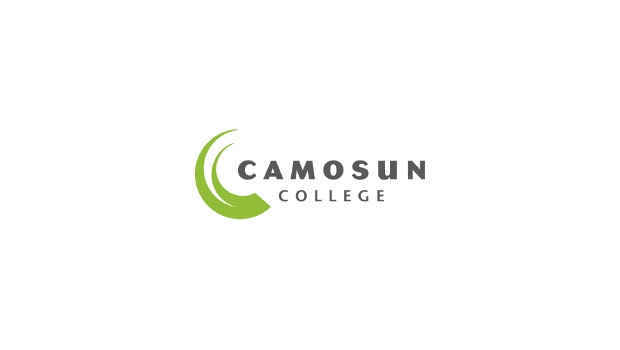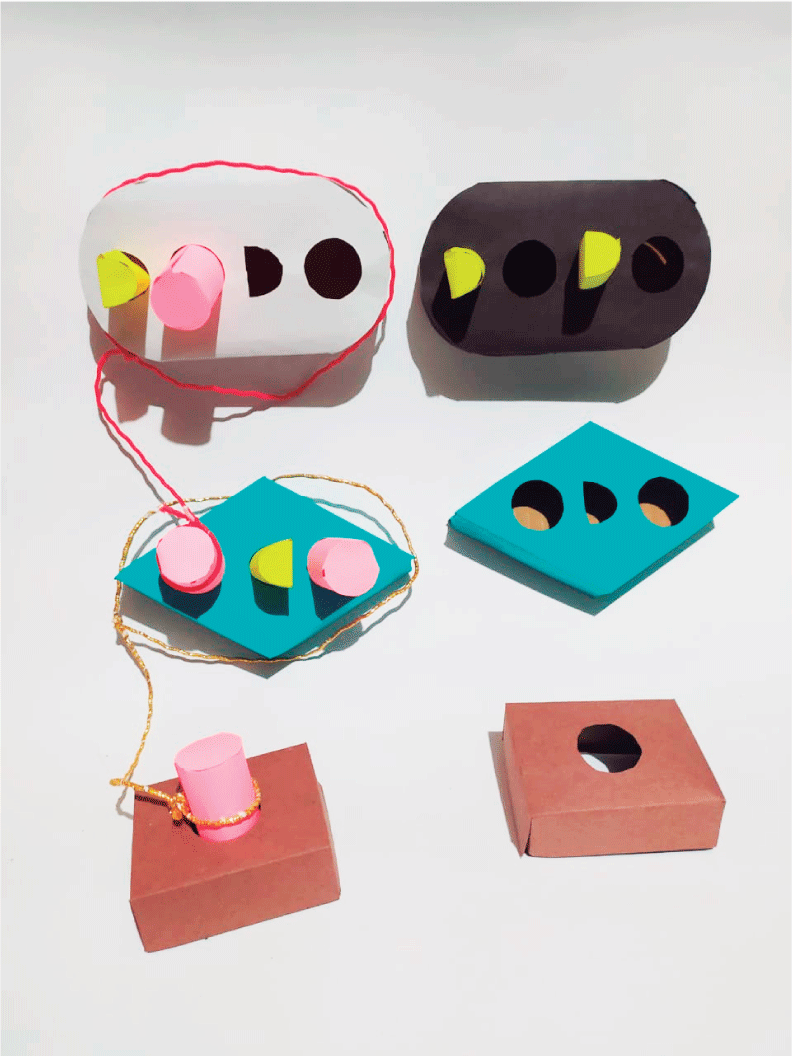
Accessible Coding Demonstrations for Youth with Visual Impairment
Traditionally the Science, Technology, Engineering, and Mathematics (STEM) teaching relies on visual media and the apprenticeship model where students see, learn, and practice. For example, visual programming employs blocks representing coding logic that better introduce beginners to writing code in a drag and drop manner. However, such an approach creates entry barriers for youth with visual impairments due to the lack of accessible materials and effective delivery strategies. The related research presentations and demonstrations will be held online. In the future, the youth will engage with accessible programming tools that will empower the employment of digital and physical prototyping.
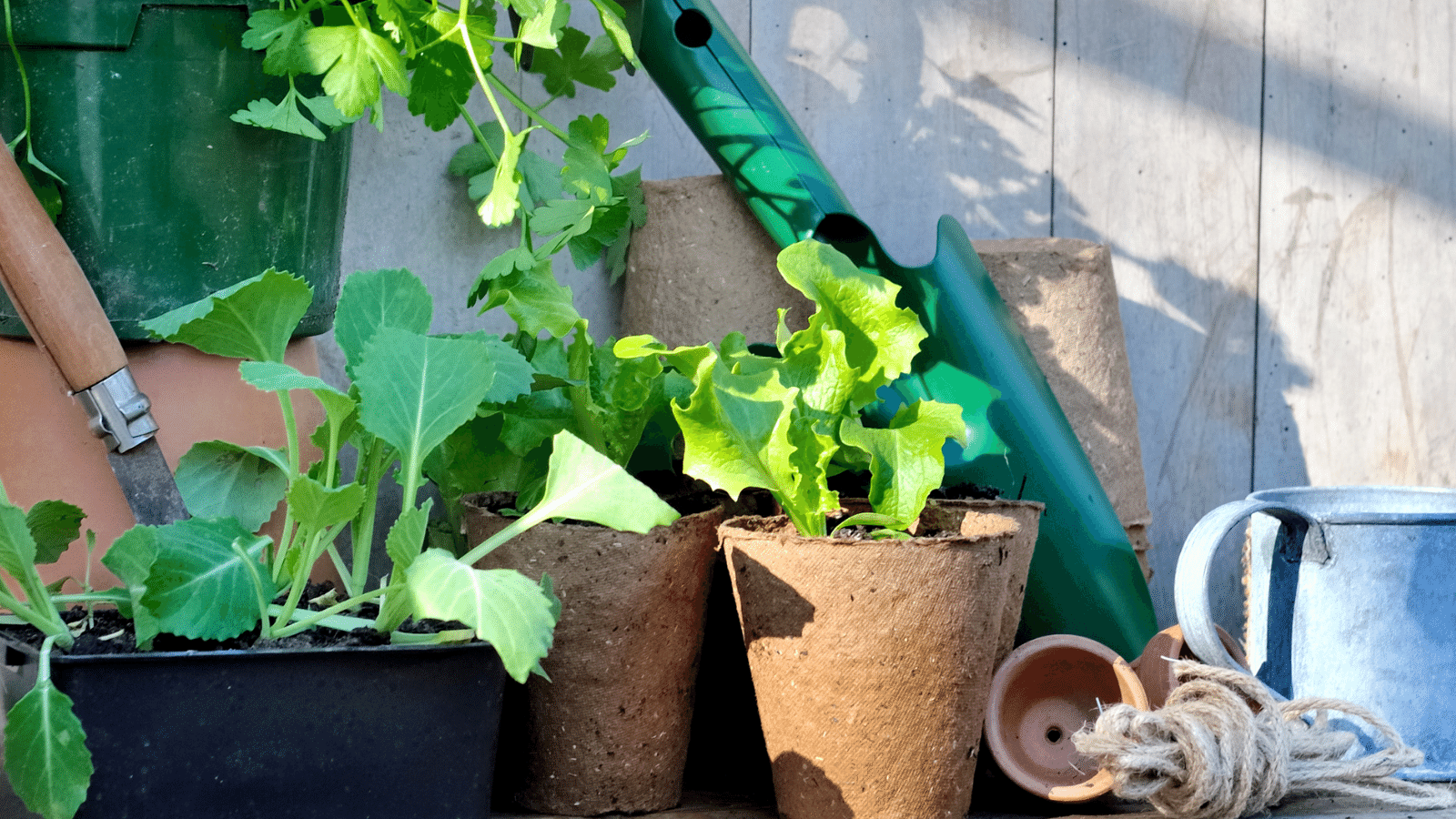
Gardening from Table Scraps – Ages 7 to 12
Next time you’re about to toss vegetable scraps into the compost bin — stop! Some of the pieces we throw away can be used to grow a whole new plant! At this session, we’ll tackle a project that can help you save money, cut down on food waste, and develop a green thumb. Learn techniques to identify which plants you can regrow, and how to help them thrive in your own kitchen garden.

Gardening from Table Scraps – Ages 11 to 16
Next time you’re about to toss vegetable scraps into the compost bin — stop! Some of the pieces we throw away can be used to grow a whole new plant! At this session, we’ll tackle a project that can help you save money, cut down on food waste, and develop a green thumb. Learn techniques to identify which plants you can regrow, and how to help them thrive in your own kitchen garden.
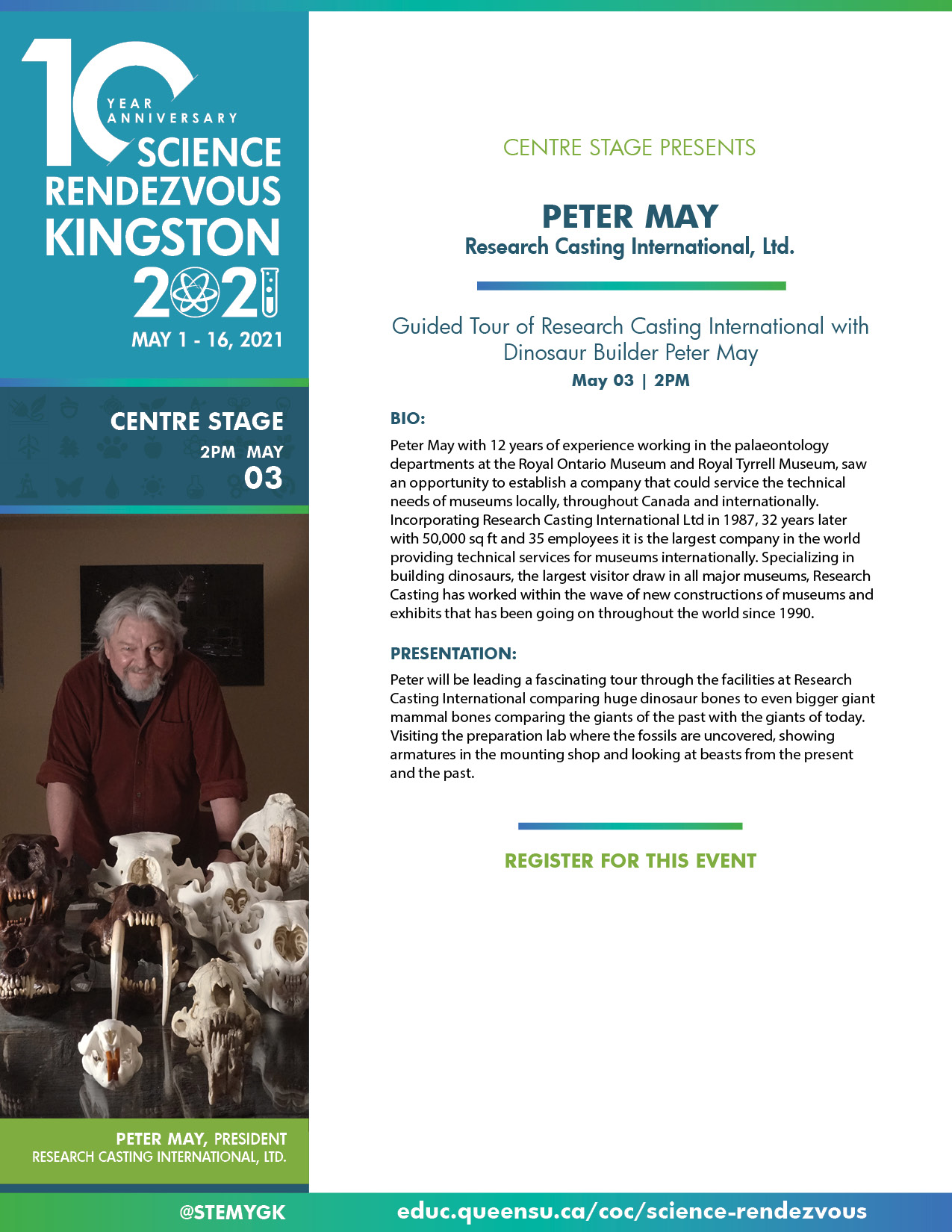
Guided Tour of Research Casting International with Dinosaur Builder Peter May
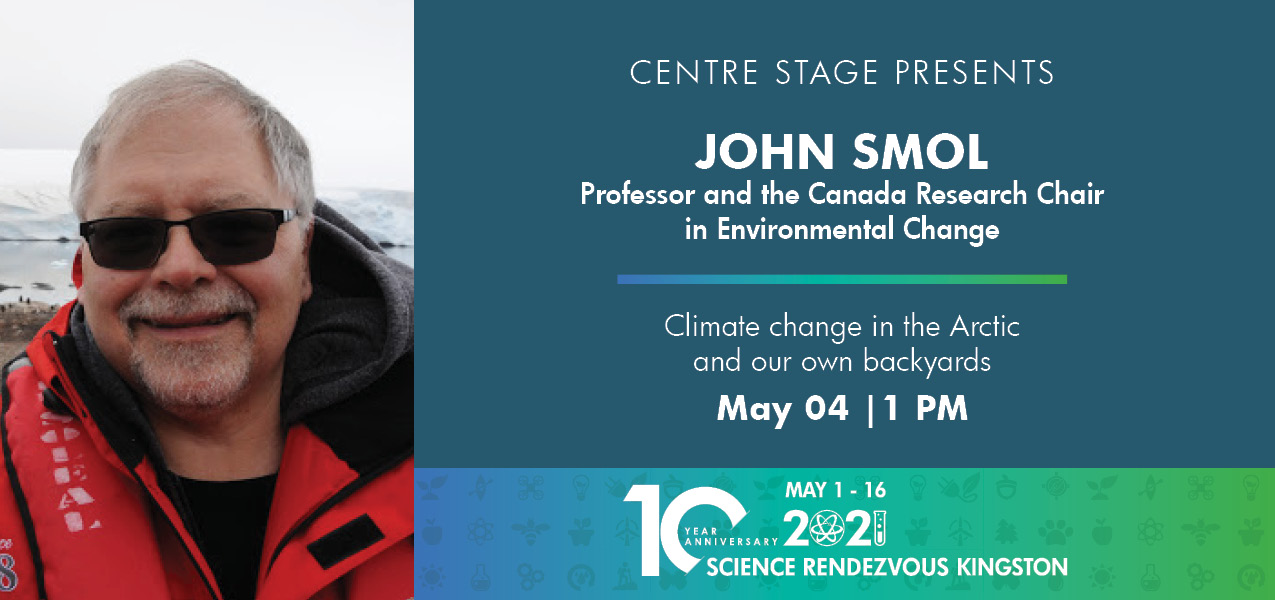
John Smol Climate change in the Arctic and our own backyards
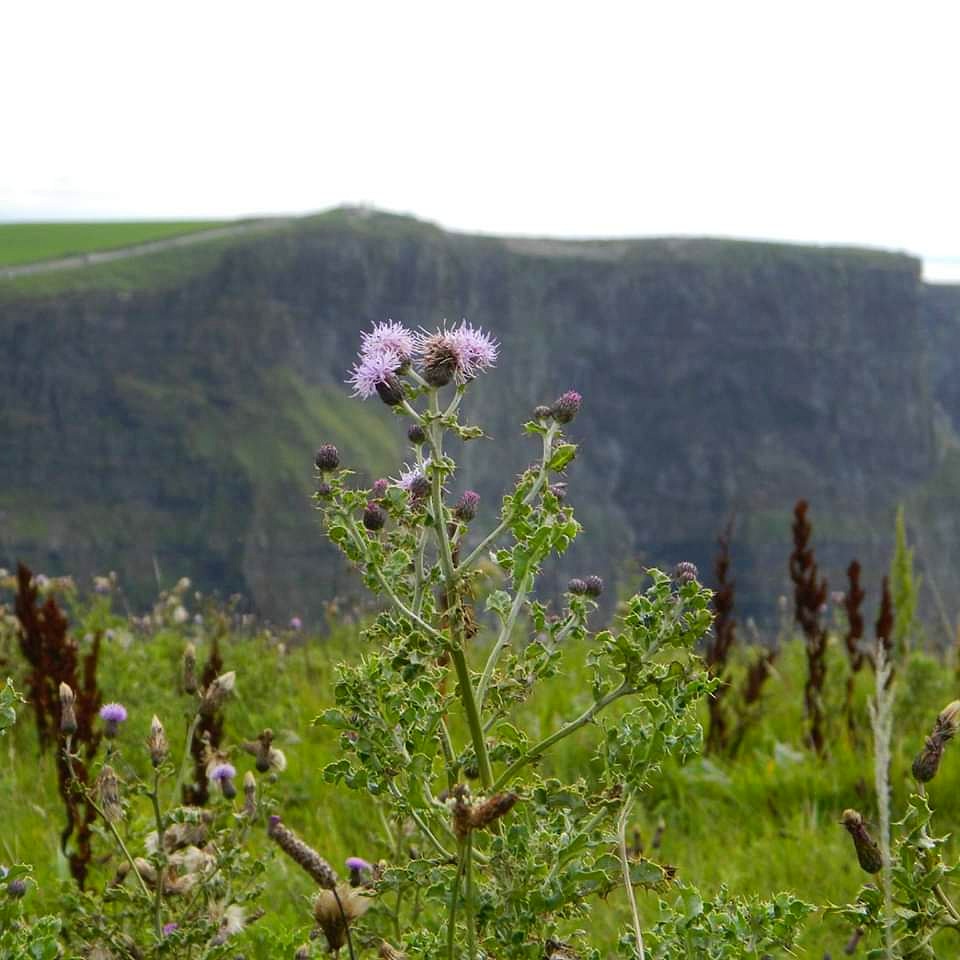
Become An Earth Doctor | Future Energy Systems
Do you want to be an Earth Doctor? Explore the steps of land reclamation with land reclamation scientists from Future Energy Systems and the Land Reclamation International Graduate School, University of Alberta.
By playing along with the Dungeons and Dragons style game, you will face the challenges of land reclamation and try to heal the Earth yourself.
This session is recommended for children age 11 to 15 and families, however everyone is welcome. The supplies you will need are: blank paper, pencil/pen, a dice (or random number generator). This session is repeated three times to account for various time zones and availability, sign up for any of the three.

Pacific NW marine invertebrates: unsung heroes and how you can learn about them from marine science centres on Vancouver Island, British Columbia.

Let’s Talk COVID-19 – Science in “Real-Time”
People around the world have watched science ‘happen in real time’ during the COVID-19 pandemic. In less than one year, the novel coronavirus emerged, was identified and millions vaccinated with a variety of brand new vaccines. How did we learn so much so fast? What questions remain? Why do some people think it’s all a hoax? Are we prepared for the next pandemic?
Join this symposium to explore the science behind COVID-19, the global response to it, and the role you can play to combat misinformation and disinformation – and help save lives.
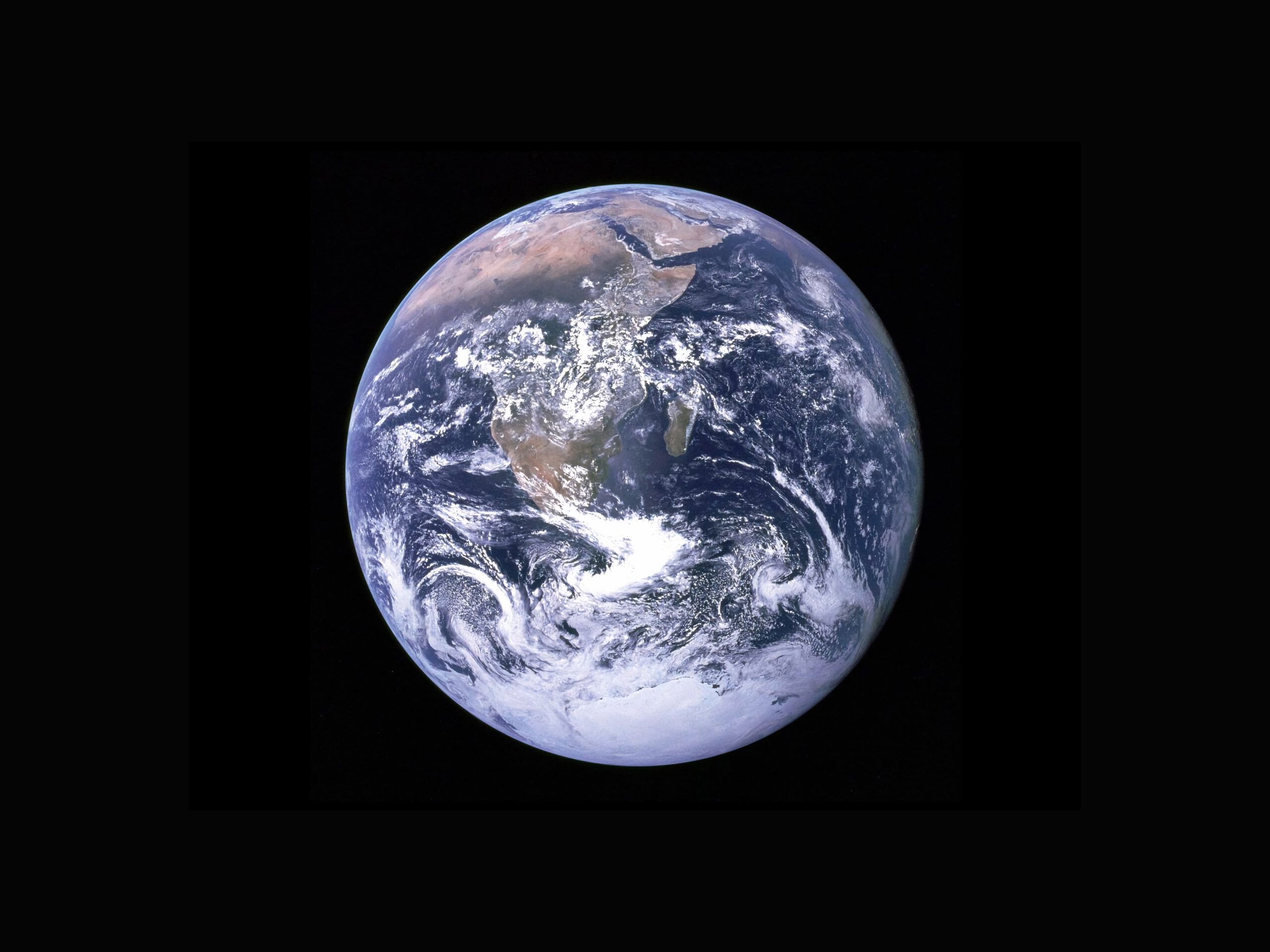
How Big Is My Carbon Footprint? | Future Energy Systems
We, as individuals, contribute towards global greenhouse gas emissions. Knowing how to measure your individual emissions, or footprint as it is sometimes called, is the first step towards managing and ultimately reducing it. In this project, you will join Dr. Neelakshi Joshi from the Urban Environment Observatory, University of Alberta, and explore ways of calculating our carbon footprint using an online tool and discuss ways of reducing it.
The aim of the session is for participants to experience some of the possibilities and challenges of reducing individual GHG footprints.
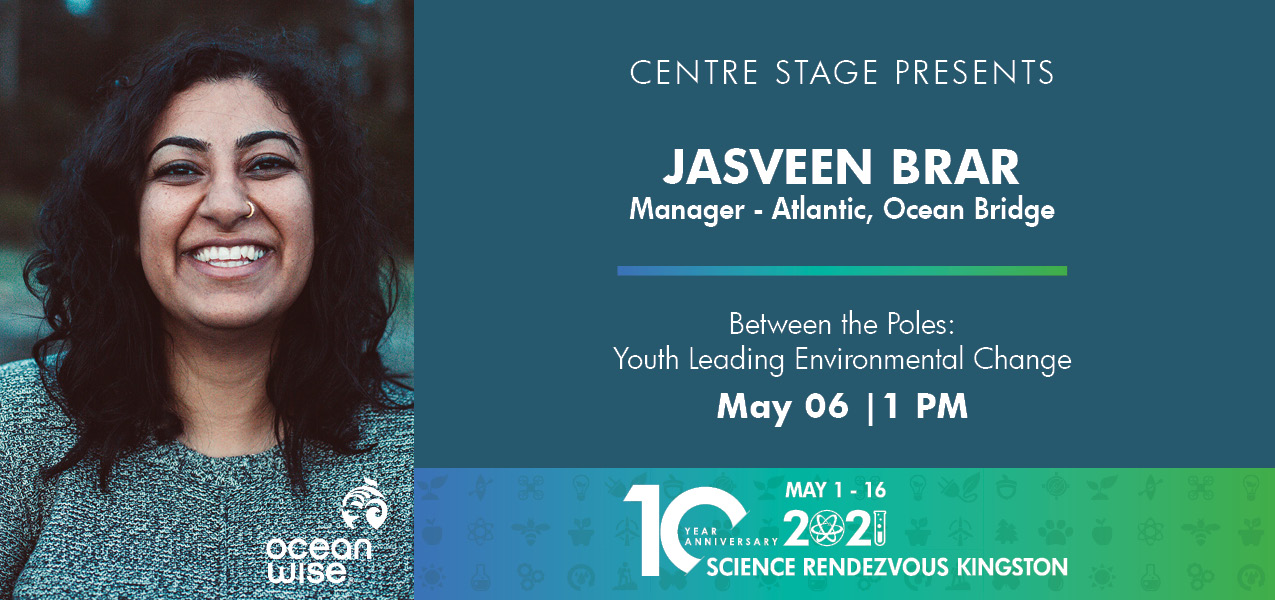
JASVEEN BRAR Between the Poles: Youth Leading Environmental Change

SuperNOVA at Dalhousie University: Ocean Technology Webinar
SuperNOVA's webinar will explore space technology and data and its applications in ocean research and population monitoring of North Atlantic right whales, an endangered species whose migration patterns enter the ocean surrounding Nova Scotia. Participants will be guided to interpret open source satellite data and understand how the link between space and oceans is crucial for ensuring the health and sustainability of Canada’s ocean environments.
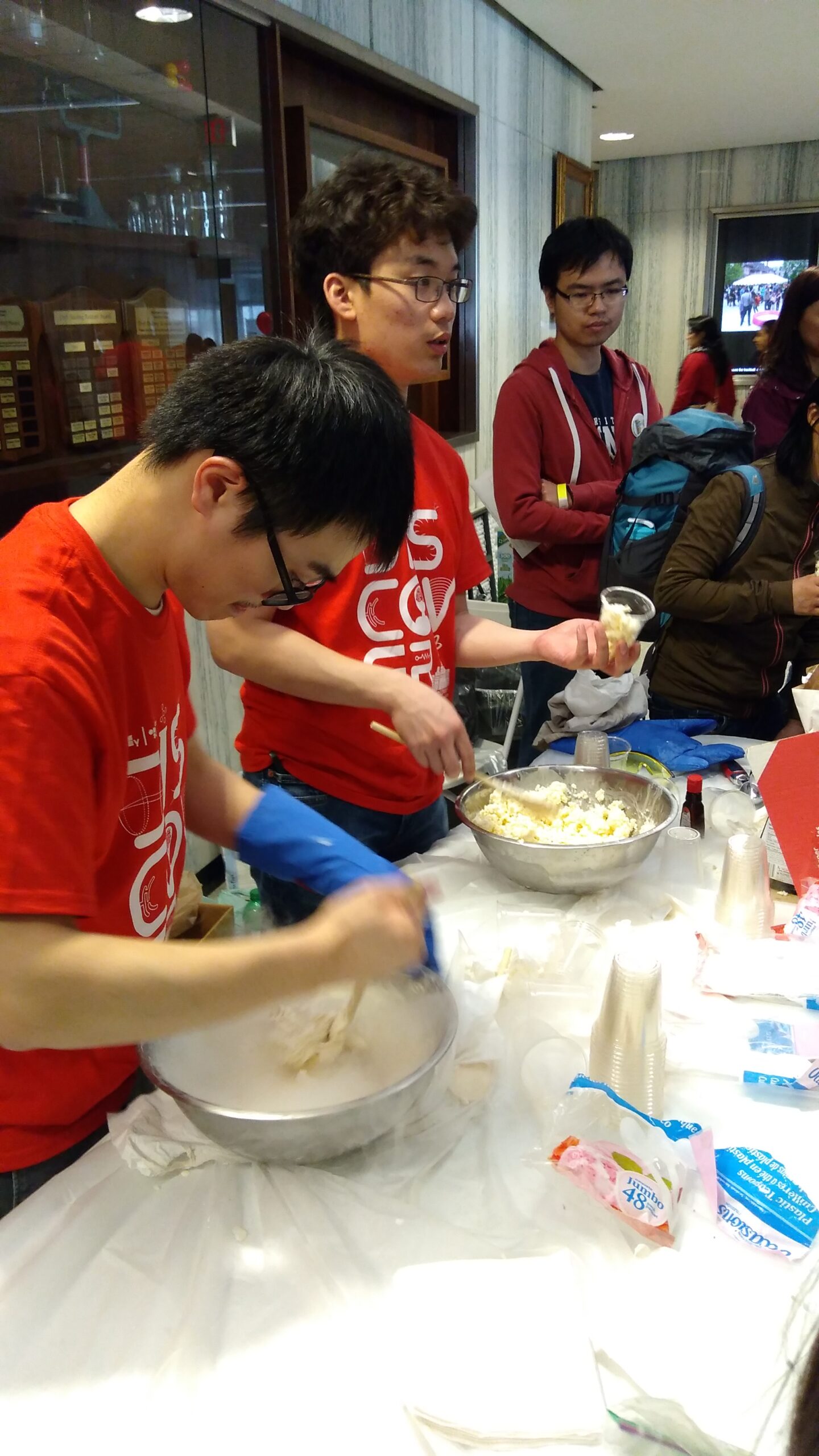
SFU International Astronomy Day and Burnaby Festival of Learning
Science in Action:
An online interactive and creative way of immersing in science, perfect for young budding scientists, using household-safe materials from the comforts of your own home.
* Chemistry in the Kitchen: experience the magic of chemical reactions right in your own kitchen
* Get Inspidered: learn about spiders, get creative and build your own creature
* Digestive System: see what happens inside your stomach and intestines, simulate your own digestive process
And much more!
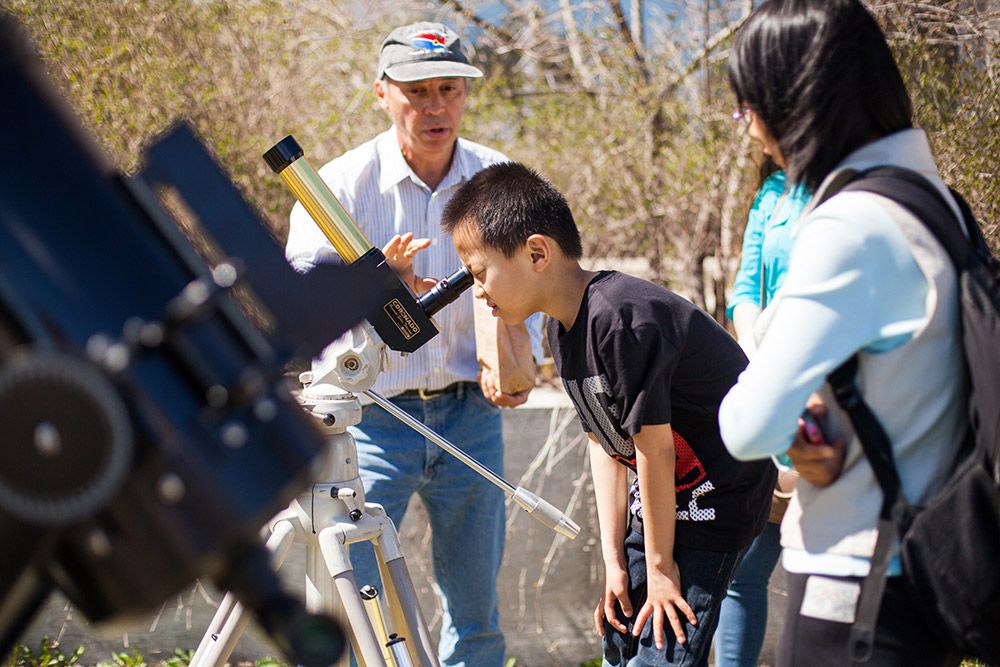
Royal Astronomical Society of Canada, Vancouver and SFU Faculty of Science celebrate International Astronomy Day
11-11:45AM
Speaker: Matthew R. Borghese, JPL Solar System Ambassador
Title: NASA’s Voyager Missions
Synopsis: In 1977, NASA launched Voyager 1 and 2 on a mission unlike any other. They exceeded their goal to explore Jupiter and Saturn and now they are ambassadors of humanity - traveling past Pluto and into interstellar space. Join us to learn about the mission, their discoveries, and their new role as they exit the solar system.
11:45AM-12PM
Gordon Farrell, President of RASC Vancouver Centre
Title: Solar Observing (WEATHER PERMITTING)
Synopsis: Gordon will be live streaming a close-up of our Star with his solar telescope
Afternoon session:
1-2PM
Speaker: Ted Stroman, Member of RASC Vancouver Centre
Title: The Moon 101
Synopsis: A beginner’s introduction to our closest celestial neighbour, the Moon
2-2:30PM
Speaker: Suzanna Nagy, Secretary of RASC Vancouver Centre
Title: The Jim Bernath Meteorite Collection
Synopsis: With the passing of long-standing RASC member Jim Bernath in 2019, RASC Vancouver acquired some of his space collection including his meteorite collection. Suzanna will be screen-sharing and using a hand-held microscope to look closely meteorites.

SFU Faculty of Science celebrate International Astronomy Day
Meet SFU Scientists:
Learn more about aerospace physiology and astrostatistics and get to see how our SFU Scientists can combine these research areas into one exciting discussion – with YOU on centre stage!
Via Zoom from 3:30-5:30pm
SFU Faculty Presenters:
David Stenning, Statistics – astrostatistics, exoplanets
Andrew Blaber, Biomedical Physiology and Kinesiology – aerospace physiology
Joanna Woo, Physics/Trottier Observatory – mysterious death of galaxies
Starry Nights: May 7th and 8th
A public stargazing event that remotely accesses the telescope over at the Trottier Observatory at SFU-Burnaby campus, and livestreams astro-images via YouTube. This is a unique astronomical experience where online viewers get a full 90-minute front row access to what our telescope captures that evening, with a live Q&A chat page and your chance to converse with our astronomers firsthand. (10:00-11:30pm via YouTube). This event is subject to weather conditions.
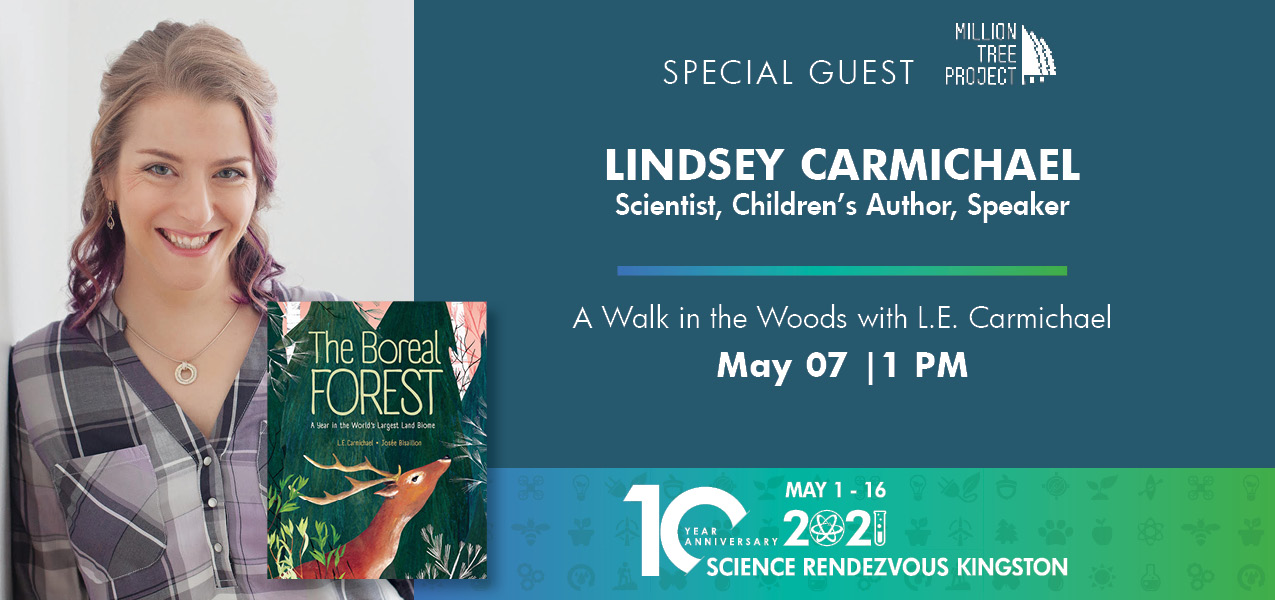
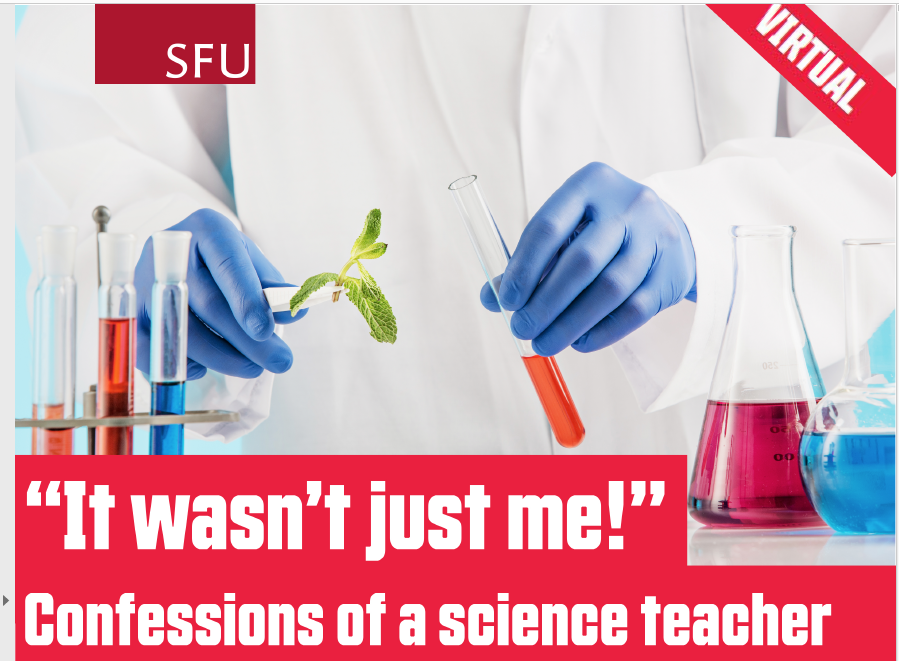
“It wasn’t just me!”: Confessions of a science teacher
Find out "what worked", "what didn't work" and lessons learned from SFU science faculty who have transitioned to and refined their online teaching skills. Following the talks, high school science teachers are invited to share their teaching resources and strategies for hands-on science classroom ideas, blended learning approaches and COVID-safe lab practices.
Speakers include SFU faculty from Physics, Chemistry, Biology, Earth Sciences, Mathematics, and Biomedical Physiology and Kinesiology
Friday, May 7th 2021
3:30-5:30PM PST
Zoom link sent via email after registration

Science Rendezvous Music and Movement game with McMaster LIVELab
LIVElab at McMaster wants to share some fun activities based on music and movement. This virtual experience is perfect for a family with kids in primary school. There are 3 sections and each one has a video and a short game for you to try. Have fun!
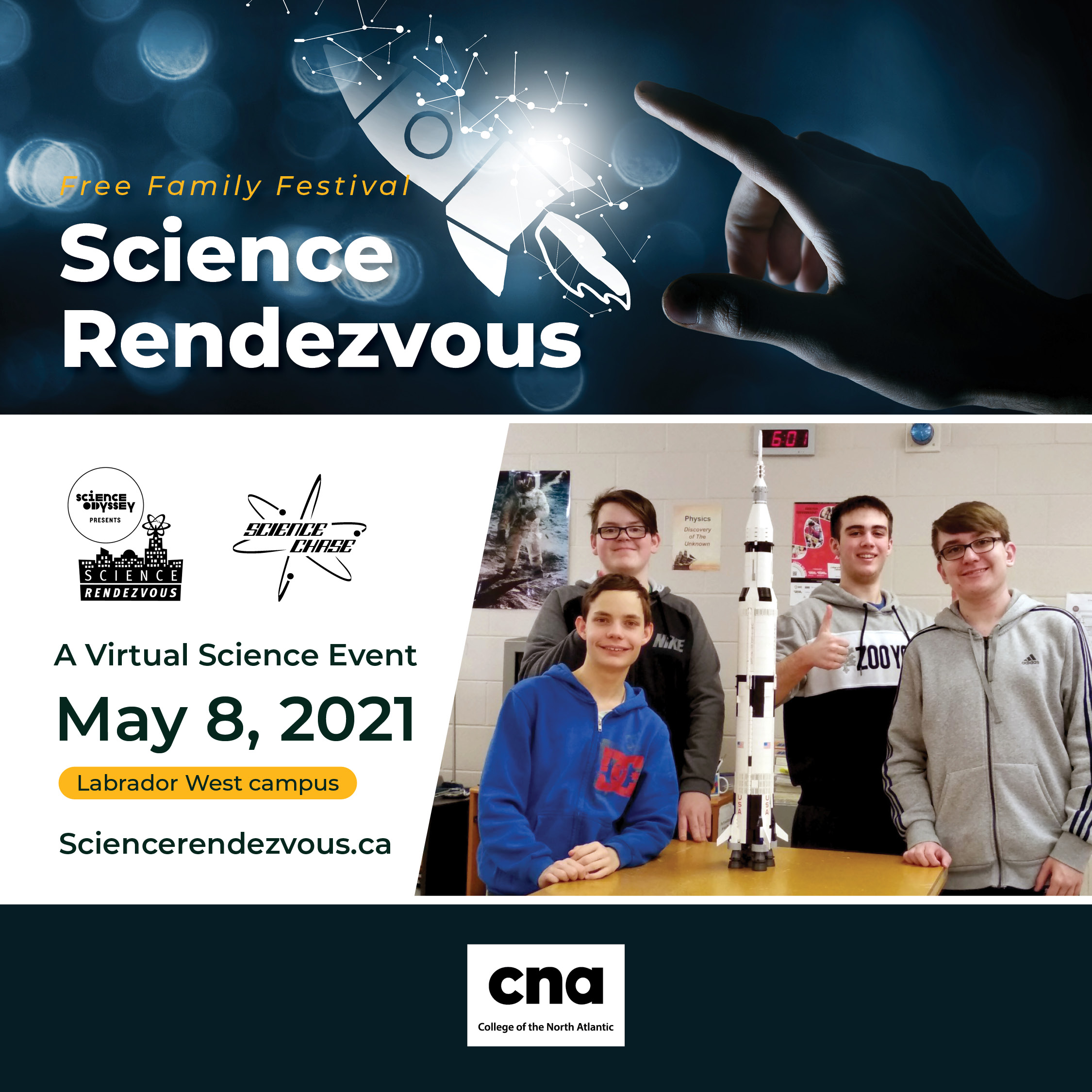
CNA-Live Event-Science Rendezvous 2021
Experience exciting interactive STEAM activities and Win Prizes at CNA's Free Virtual Science Rendezvous-Live Event ! Event includes: Exclusive Science Demos by Students, faculty & Community members; Quizzes; Science of Yoga; Film: How Far I'll go - CNA Digital Film MakingLecture: Addressing the Environment Challenge; Million Tree Project; Let's Talk Science-Horizon project... and more

SuperNOVA at Dalhousie University: Remotely Operated Vehicle (ROV) Launch
View the recordings of what SuperNOVA's Remotely Operated Vehicle sees under the water, while learning about ocean technology and local ocean science. We’ll have child-friendly information on what might be seen under water as well as Ocean Science experts to answer your water-wildlife questions! A great event for the whole family!
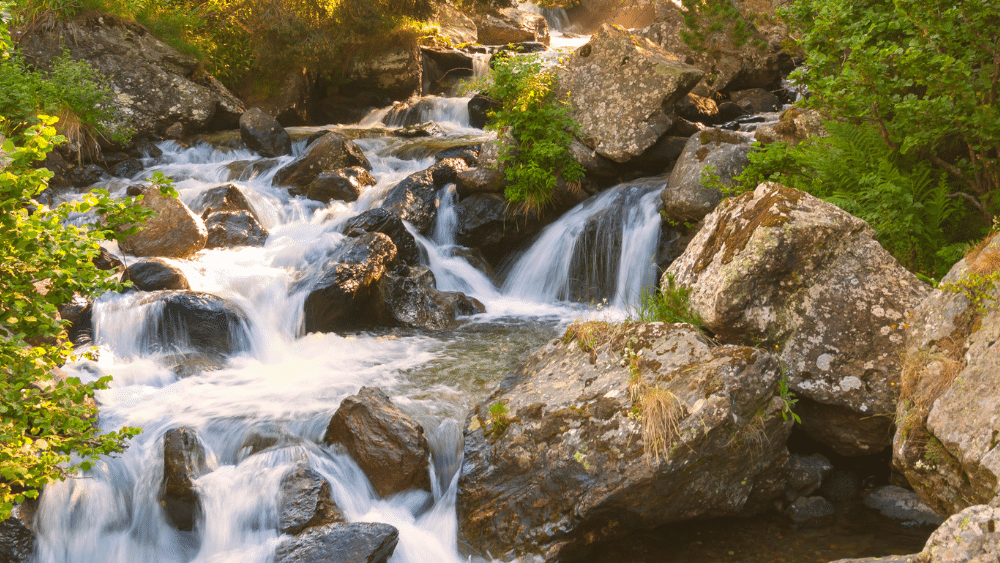
The Three Sisters, Water, and Indigenous Knowledge – Ages 7 to 12
Indigenous Peoples have been monitoring, collecting data, and stewarding the land and the environment across the ages. This has led to a rich knowledge base, known as Traditional Ecological Knowledge, which is a part of Indigenous Knowledge, a recognized science. Traditional Ecological Knowledge includes a vast body of information about the interconnected elements of the environment, information that has been transmitted through oral storytelling.
In this session, we will be planting the Three Sisters (corn, squash, and beans), testing tap water at home, and learning how these elements interconnect. We will also take part in a Virtual Reality experience where participants travel in a virtual canoe and learn about traditional Haudenosaunee, or Six Nations, cultures.
